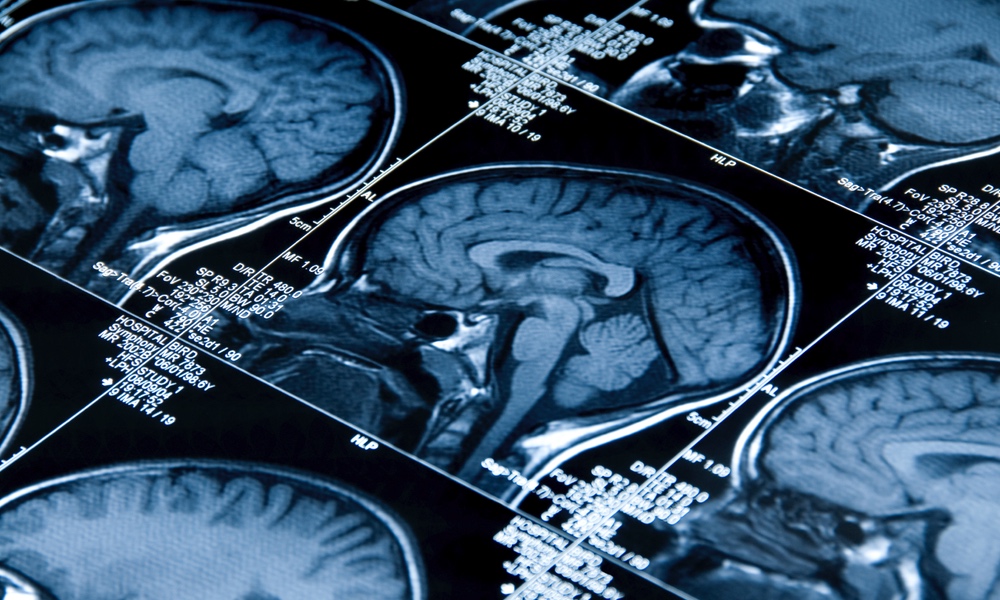People who live in areas with substantial income disparities are likely to compare themselves to their neighbors. If they feel they have to keep up with others on their block, it can cause anxiety and a spike in levels of the stress hormone cortisol. This can affect the structure and function of the brain.
This is true of the developing brains of children and teens, too. A recent study led by researchers at King's College, London looked at how income inequality affected brain development among children and adolescents. The researchers found changes to surface area and connectivity in the brains of children living in areas of states with income inequality.
“These findings add to the growing literature about how social factors, in this case income inequality, can influence well-being through pathways like structural changes in the brain,” Vikram Patel, a coauthor on the study and the Paul Farmer Professor and Chair of Global Health and Social Medicine at Harvard University, said in a statement.Children living in states with more income inequality had less surface area and worse mental health outcomes.
The researchers used magnetic resonance imaging (MRI) scans to measure the thickness and surface area of the outer layer of the brain that helps control memory, attention, emotions and language. They found that children living in states with more income inequality had a smaller surface area than those living in states with less economic disparity.
They also analyzed MRIs to explore the connections between different regions of the brain, and found that children in states with more income inequality had changes to these connections.
The researchers then analyzed responses to questionnaires about depression and anxiety that participants filled out six months and 18 months after they had the MRI scans. They wanted to see what the scans could tell them about income inequality and mental health.
They reported that children and adolescents' mental health was significantly worse if they lived in areas with more income inequality. The researchers concluded that the changes in brain structure associated with income inequality may have negative effects on mental health.Policies to reduce income inequality could promote healthy brain development and better mental health overall.
Implementing policies to reduce income inequality could promote healthy brain development and better mental health overall, the researchers point out. “Progressive taxation, social safety nets and universal healthcare could help alleviate the stressors that affect children in more unequal societies,” said Divyangana Rakesh, first author on the study and a lecturer in Neuroscience and Psychology at King's College.
Going forward, the team would like to see if income inequality has similar effects on brain development and mental health in other countries. “Future research could examine income inequality in the UK at the level of counties and boroughs to see if [there are] similar effects observed, ” said Rakesh.
The study is published in Nature Mental Health.





